After collecting eggs, many keepers are unsure whether to clean them before storing.
If you’re doing it for incubation, you only need to store the eggs for 2 weeks. 7 days are the best, while 10-14 days are also viable.
So, you don’t need anything to do with the fresh eggs. But if you want to use eggs for food and want to preserve them for a long time, read this piece.
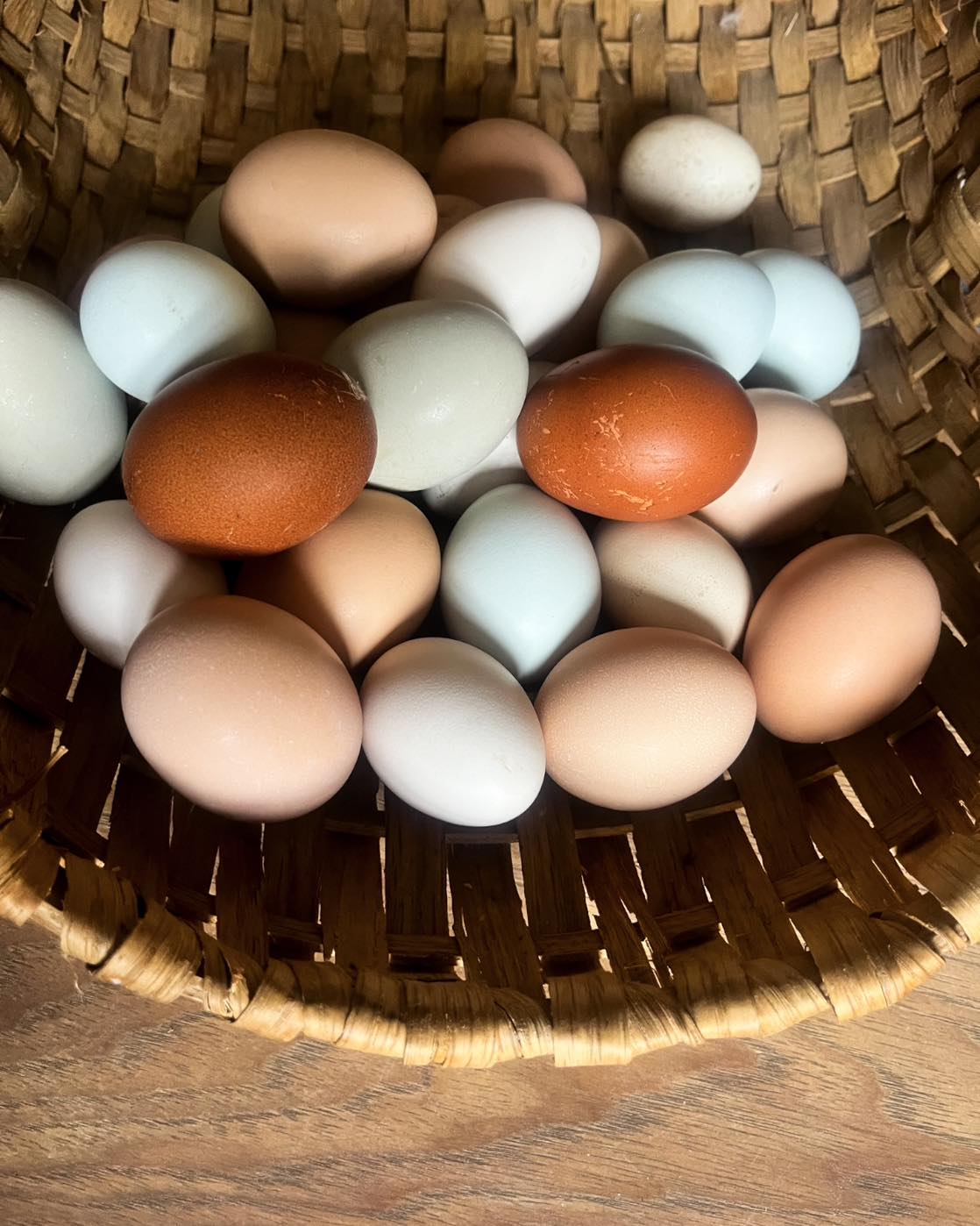
Pros and Cons of Cleaning or Washing Fresh Eggs
I never saw my grandma cleaning eggs during my childhood. She had a nice bamboo egg basket in the kitchen, and from there, she counted eggs for omelets for us.
The fresh eggs have a layer called “bloom or cuticle” on the outer shell, which protects the eggs at room temperature for a month or longer and remains edible.
This also stops bacteria and pathogens from invading the egg’s interior.
So, you don’t need anything and can store eggs openly.
But when you wash the eggs, that coat disappears and the shell becomes weak, causing the eggs to go bad.
In such a case, you have to refrigerate them immediately after washing.
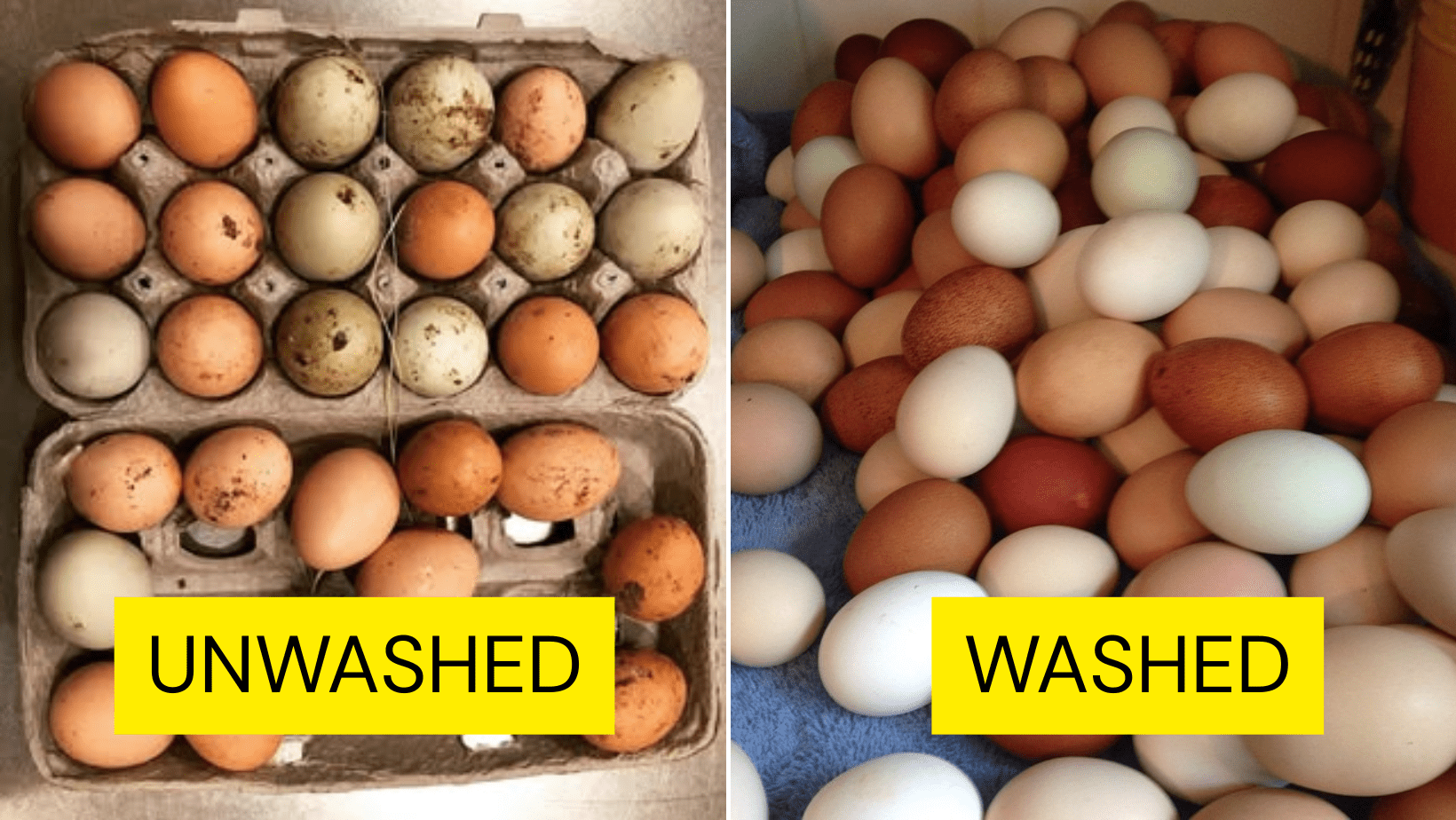
If you want to make a dish out of it, you can wash eggs freely. But if you want to preserve chicken eggs for a long time, it’s not a very good idea to wash and clean them.
Also, it’s okay to wash eggs glued with dirt and litter from hens.
Unwashed eggs have a shelf life of 2 weeks without refrigeration and last for 3 months when put in the refrigerator. After washing, eggs can retain freshness and can be stored for only 2 months.
Anyone can feel unhygienic when cracking eggs while cooking. The condition worsens when the eggs have dirt around the shell.
Besides, there are some cases of Salmonella in eggs, which can cause diarrhea and other health issues.
You may also hesitate to put the unwashed eggs in the refrigerator to make a mess around the compartment.
So, if your hens are laying eggs with waste, you need to clean out your chicken coops and nests.
If you wash and clean chicken eggs, you can get cleaner eggs and reduce the chance of contamination in the refrigerator.
But it also removes the blooms and shortens the shelf life.
While the USDA recommends keepers washing eggs, Europeans discourage it as they have already vaccinated their chickens against Salmonella.
How to Clean Fresh Eggs Properly
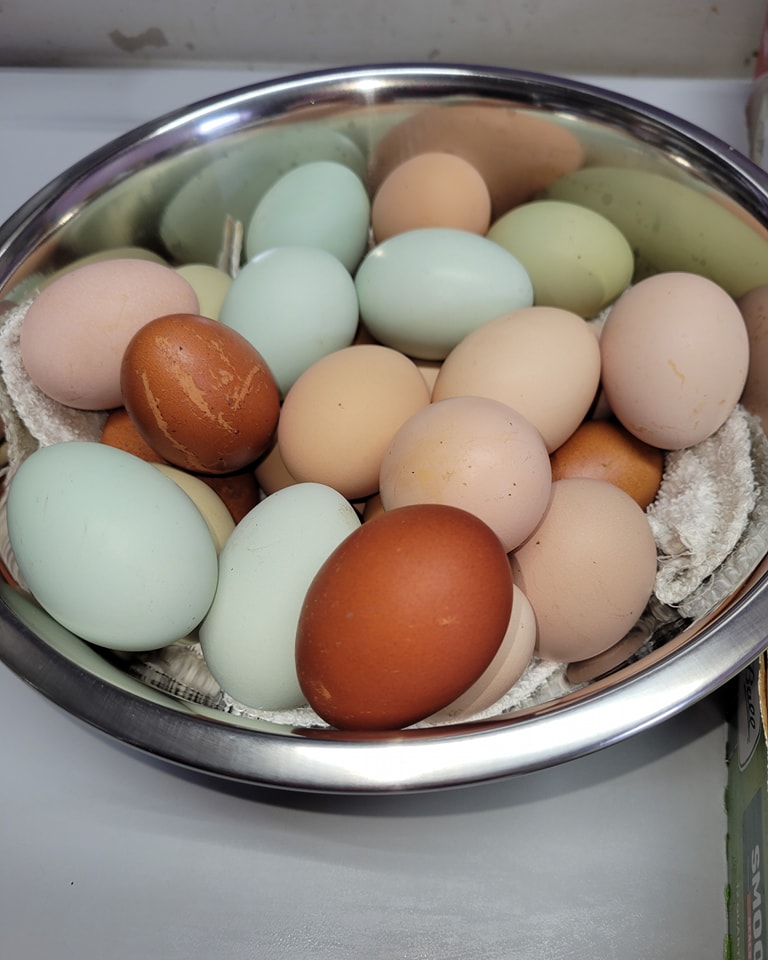
- Dry clean the eggs first. You can use a brush, cloth, or fine sandpaper.
- Wash only if the eggs are still dirty with stubborn poops, spots, or mess residues.
- Spray the eggs with lukewarm water and allow them to sit for a few minutes. This makes it easier for you to remove all the gunk.
- Don’t use cold water to wash eggs, as it can cause the whites and yolks to contract, allowing bacteria to enter the eggs through the porous shells.
- Many use mild soapy water. It’s only an optional choice, not necessary.
- Once done, dry immediately and store properly after cleaning.
How to Store Fresh Eggs
Room Temperature Storage
I often collect eggs from my backyard chickens and store them in bags and a basket on the counter if they are clean. You can also directly store unwashed eggs in the pantry.
I don’t wash them.
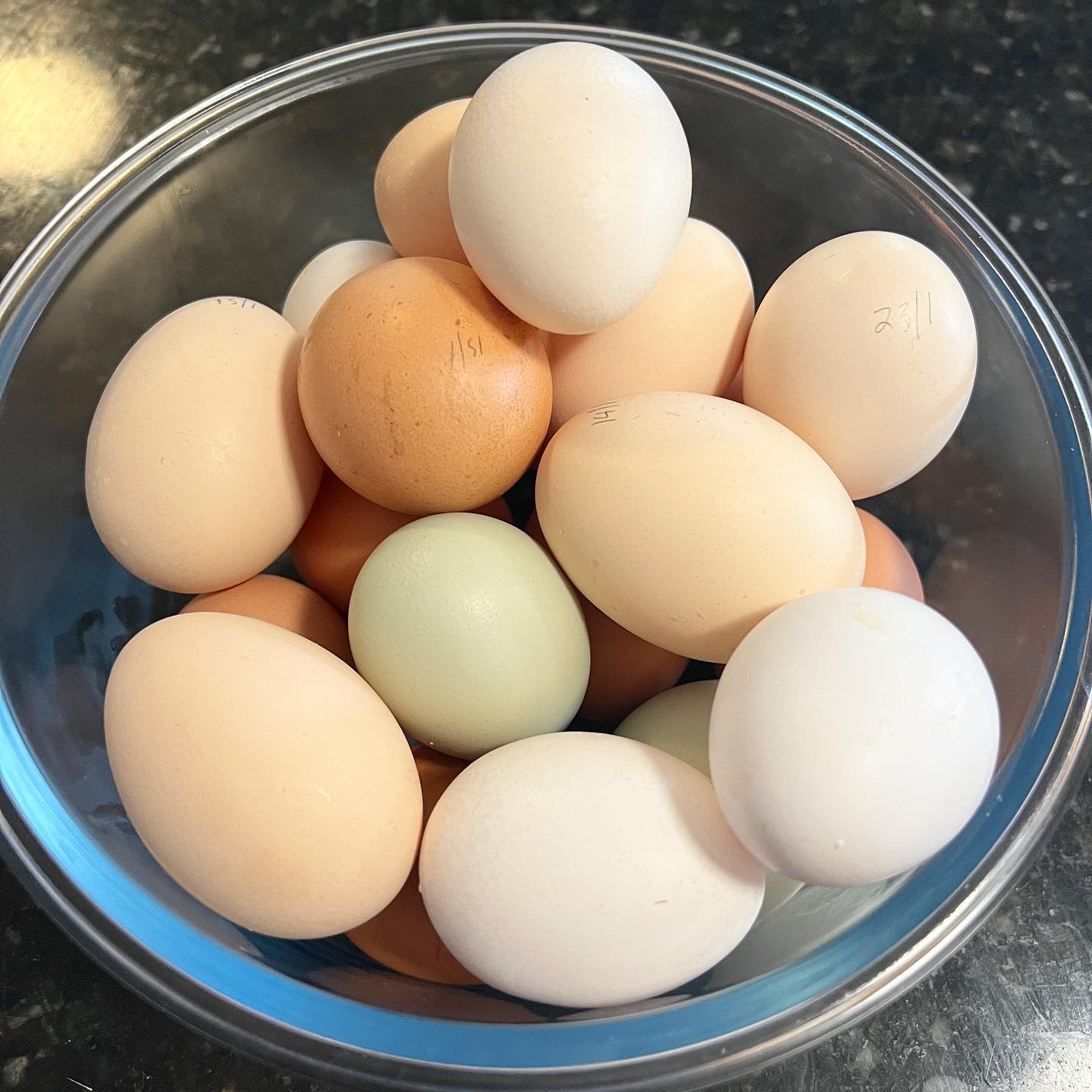
You don’t need to do anything for this. But make sure to use or eat these counter eggs within 2 or 3 weeks.
After that time, eggs start to get a little air inside them and stand up in the water, and sometimes float.
You can test eggs by placing them in a glass of water.
It’s still edible if they lay down flat down flat horizontally in water. You can also feed your dogs or hard-boil them for your chicken feed.
Good and fresh eggs sink to the bottom, while good but not so fresh ones don’t touch the bottom.
On the other hand, bad or rotten eggs may float, breaking the water’s surface. Trash the floaters in the compost pile.
Refrigeration Storage
After washing, you need to refrigerate your chicken eggs as soon as possible in the United States.
While washed eggs last for 2 months, unwashed eggs can be preserved for 3 to 6 months in the refrigerator. Many people have pets at home and wonder if they lick the exposed eggs.
If you want to sell your farm or homestead eggs in the US and Canada, you also need to wash them.
Rinse eggs in warm water (90 degrees Fahrenheit), wipe the moisture and candle them.
Then, keep the washed eggs in the clean cartons with the pointed end down. Stamp each carton with the package date. I suggest you put the egg cartons in the spare fridge and avoid placing them in the fridge door.
After that, you can eat or sell eggs from oldest to newest.
Water Glassing Method (Preserving Eggs for Months)
This is an old-fashioned yet effective method that uses hydrated lime.
First, mix hydrated lime powder into 1 quart (approximately 1 liter) of water in a big glass jar. Then, add chicken eggs one after another.
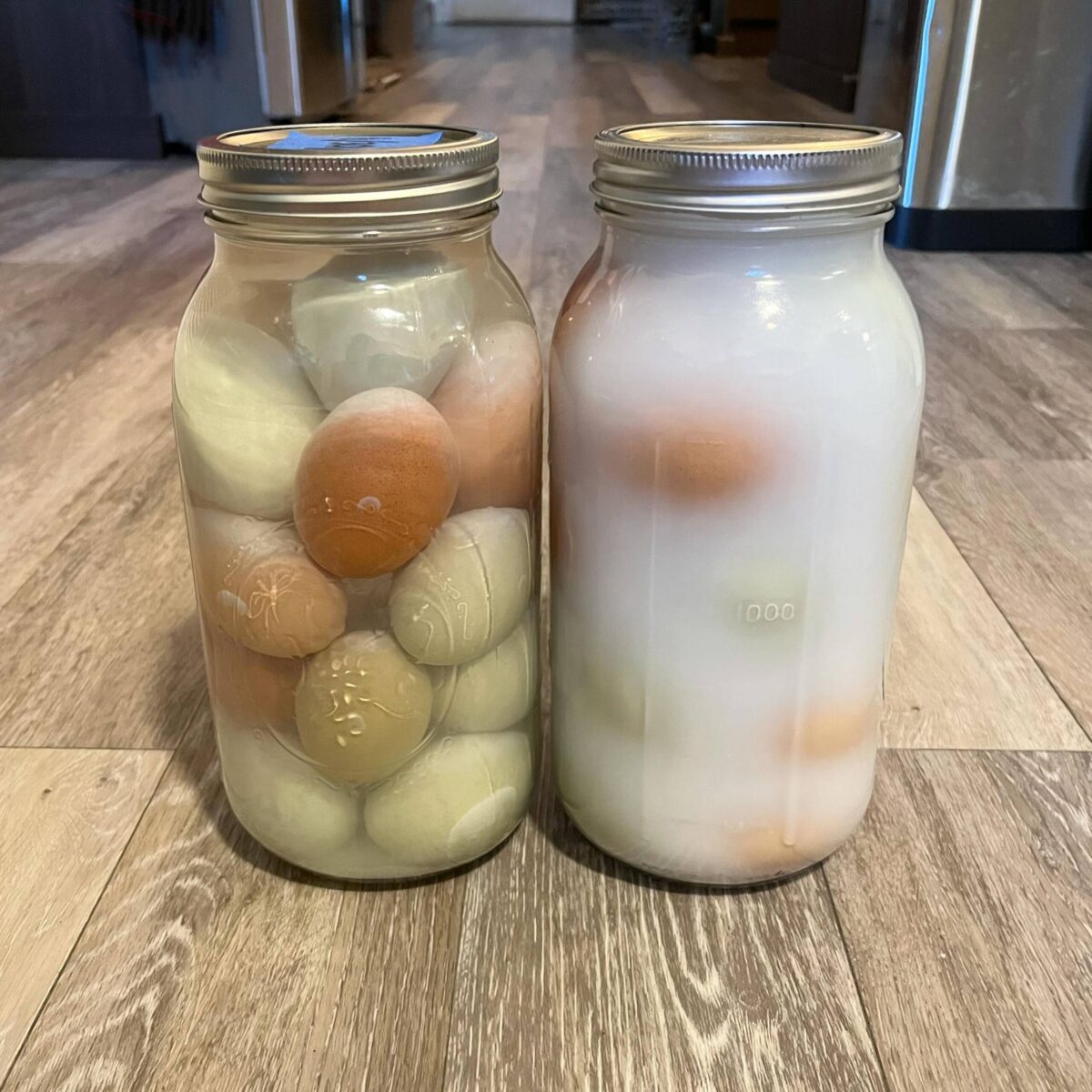
You can induce and reduce the number of eggs depending on the water volume.
Freshly laid eggs with clean bloom can be stored in a water glass at a cool room temperature (62°F) for at least 8 months.
I often start adding eggs in July. If my hens slow down laying by November, I have to freeze bake, scramble, and fry eggs.
Freezing Eggs (for long-term use)
I have multiple ways to freeze chicken eggs.
The simple way you can begin is by cracking and scrambling 2-3 eggs into the cups of a muffin tin or silicone tray.
Why scramble eggs?
If you don’t mix whites and yolks before freezing, you get a texture that gets rubbery and dry. So, scramble them up ahead of time.
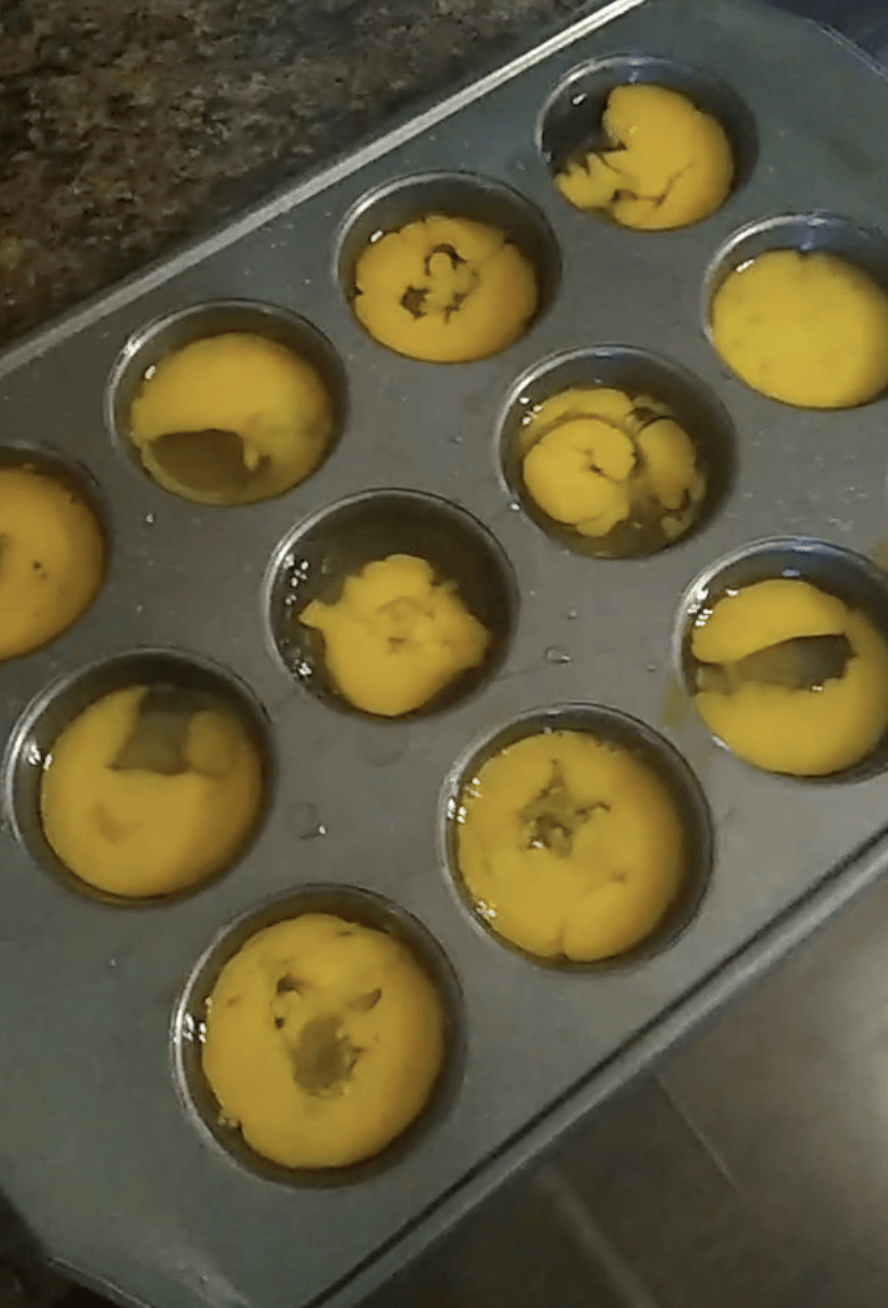
I believe that fats from the yolks preserve proteins in the whites.
Once you’re done mixing the eggs in a muffin tin, you need to freeze them and then transfer them to gallon freezer bags. Place them in a single layer to prevent them from sticking together.
When it’s time to use eggs, you can take out the frozen eggs from the freezer and thaw them in the refrigerator.
Then, reheat these eggs in the microwave or a pan.
Final Thoughts
Whether you want to clean or not depends on your priorities, or on raising poultry. But you need to wash properly before cracking eggs and preserving them in liquid.
My mother often used to mineral oil eggs and kept them in cartons in the cellar.
The oil seals up the porous eggshell and keeps it good for a while.


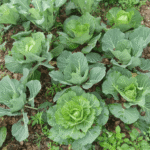
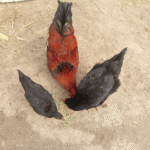
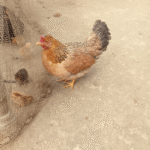



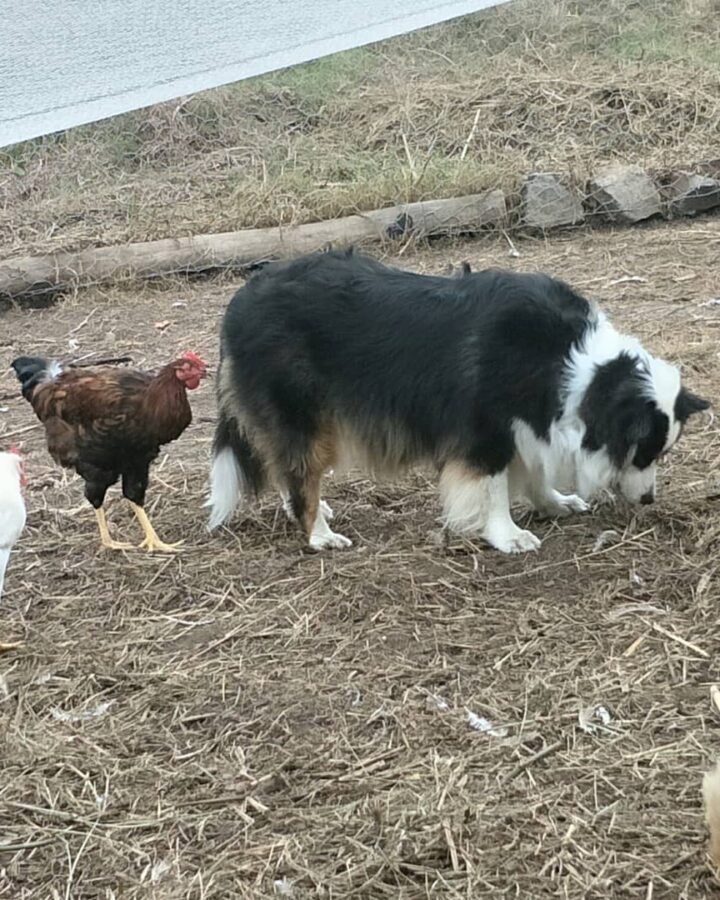
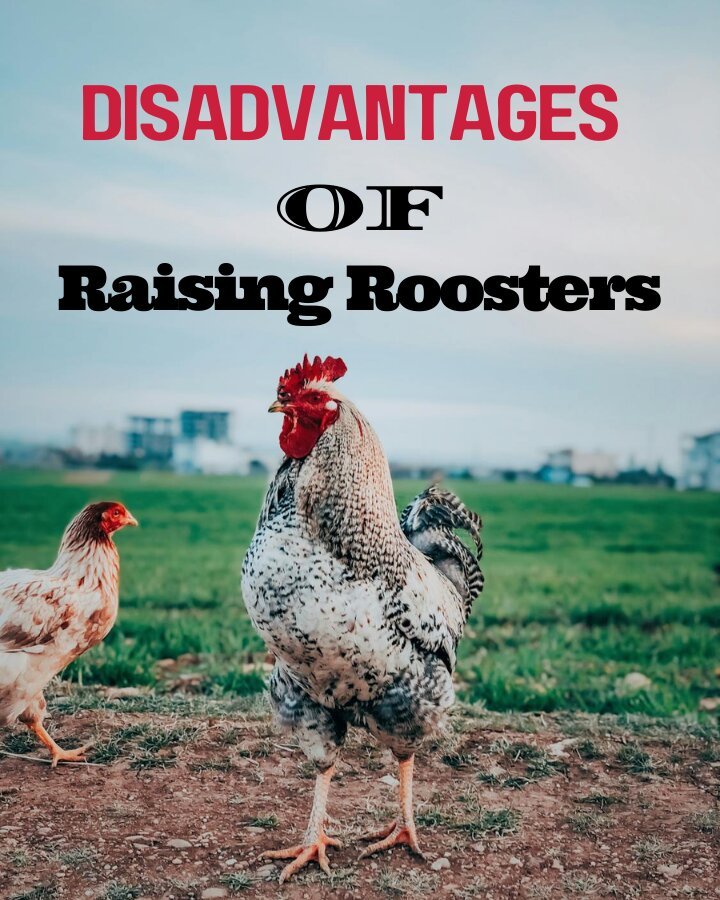
Leave a Reply